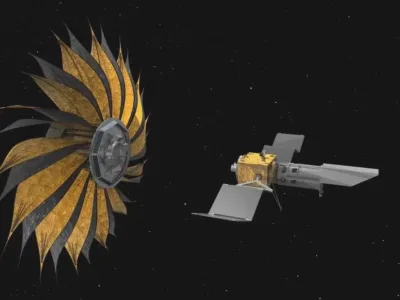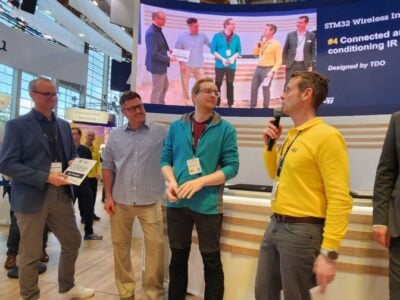
Who was ‘first to invent’ the computer, the airplane?
"First to invent" is a term of art used under previous United States (U.S.) patent law to define who deserved a U.S. patent. Regardless of your opinion about the recent U.S. patent law changes, from a practical sense it is very hard, if not impossible, to define who is the first to invent anything.
I was reminded of this while recently watching a BBC documentary titled "The Story of One”. The documentary focused on the history of the number One. At the end of the documentary the narrator discussed the mathematician Leibnitz’s contribution to digital computers owing to his discovery of the binary number system. He further described how it took 250 years after Leibnitz until the world’s first working binary computer was realized in England in 1945; the Colossus. I was surprised to hear this BBC claim, which caused me to do a bit of research.
As it turns out, it seems more accurate to award that honor to the German, Konrad Zuse, who, beginning in 1938, reportedly designed the first programmable computer, the Z1, in his parents’ living room. Aside from the traditional functions found inside a computer such as memory and control, the Z1 even included a floating point unit. The Z1 used an electric motor to generate the 1Hz clock for mechanical instruction processing. Hence, the Z1 is arguably an electro-mechanical computer.
Conversely, the Colossus was designed beginning in 1943 and is described in Wikipedia as the world’s first programmable, electronic, digital computer although it was programmed mechanically using patch cords and switches. Like the Z1, the Colossus is an electromechanical computer although a bit more “electro”.
This little history lesson brought back to memory a discussion I once had with several Romanian electronic engineers. At lunch one day I asked the group whom do Romanians regard as a great Romanian inventor. Unanimously everyone named Traian Vuia who I was told invented the airplane. Being an American I was a bit surprised to hear this since I was taught as a child that honor belonged to the Wright brothers from the U.S. state of Ohio. As my colleagues further clarified, Traian’s airplane, built in 1905, was the first aircraft that lifted off the ground while using wheels similar to how all airplanes operate today.
Next: Historical successes
And then there is last year’s historical success of the Mars Opportunity rover, which now holds the off-Earth roving distance record. Despite growing up watching all Apollo-era rocket launches from my backyard in the late 1960’s and 70’s, I only learned last year that the Russians held the previous record when their Lunokhod 2 travelled about 23 miles on the surface of the Moon in 1973. That bit of ancient science history wasn’t covered in my Iron-Curtain-period, world history class.
Issac Newton once said that if he has seen further, it is because he stood on the shoulders of giants. When it comes to inventions, it seems there isn’t truly a first inventor but rather a continuous stream of incremental advances in understanding, most times occurring in parallel by multiple people across the globe who don’t know of each other’s pursuits. Research the discovery of the Higg’s Boson to see a great recent example of this thesis.
First to invent seems to be more of a nationalistic term of art rather than one based solely upon objective historical research. This is probably because such a rigorous analysis is not practical even given today’s powerful search engines. This causes me to wonder if there is any real purpose for issuing utility patents to anyone, first inventors or first filers. I even question the value of design patents for similar reasons. It seems to me that the best method for protecting brands that are established based upon the quality of the underlying utility and design of a product is through Trademarks. Let the market determine what is inventive and worthy of purchase.
Scott Elder, a senior analog IC design consultant, is a 28-year veteran of analog IC design and the named inventor on 16 patents in the fields of precision analog signal processing, power management, RF CMOS, and LED drivers.
This article first appeared on EE Times’ Planet Analog website.
Related links and articles:
The big lie about LED lighting
The four most stressful days of an analog engineer
 If you enjoyed this article, you will like the following ones: don't miss them by subscribing to :
eeNews on Google News
If you enjoyed this article, you will like the following ones: don't miss them by subscribing to :
eeNews on Google News




